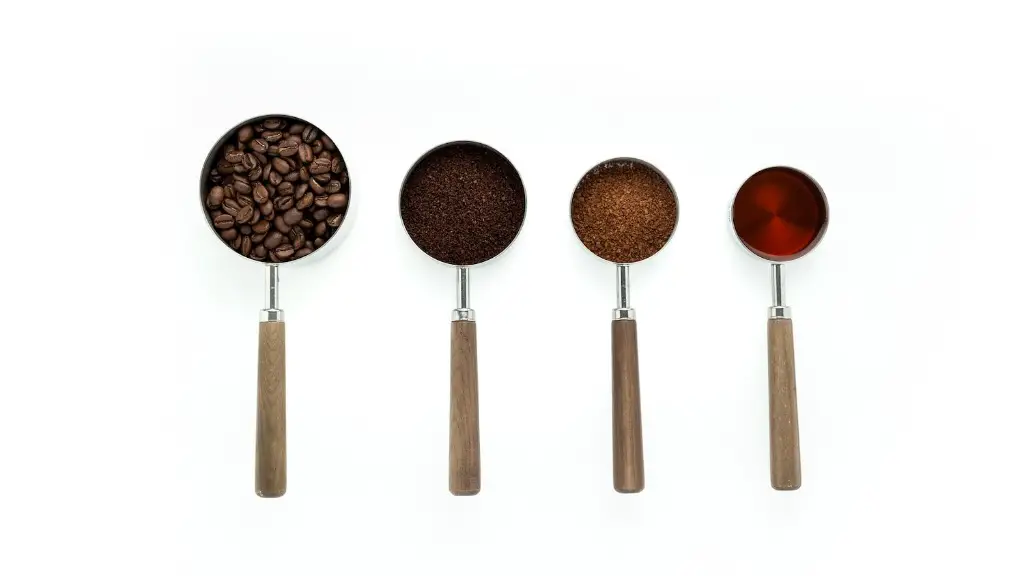Coffee consumption in the Western World
Coffee consumption is a habit irrevocably entrenched in the Western world, especially in the United States. According to the National Coffee Association of USA, 66% of Americans drink coffee daily – and almost one-third of these people drink three or more cups a day. This highlights how ingrained the coffee drinking habit is in the American culture. The same survey also shows that an average American drinks as many as 3.1 cups of coffee per day – more than twice the amount of Europeans.
The Health Benefits of Moderate Coffee Consumption
The benefits of drinking a moderate amount of coffee per day cannot be overemphasized. Just a single cup of coffee can raise energy levels and make people feel more alert – and regular, moderate coffee consumption has been found to help reduce the risk of certain diseases from developing.
Studies suggest that drinking up to four cups of coffee per day decreases the risk of developing cancer and type 2 diabetes – in part thanks to its content of antioxidants. Aside from this, drinking coffee may also improve physical performance, alertness and reaction times, reduce the risk of stroke and liver disease, and help prevent depression and suicide.
The Effects of Excessive Coffee Consumption
However, overconsumption of coffee or caffeine can have many significant, deleterious effects on health. Chronic caffeine consumption can lead to dizziness, diminished alertness and even nausea. While it has been shown to increase short-term memory and reaction time, it has also been linked to restlessness, insomnia and a reduction in vital nutrients found in the body due to its diuretic properties.
Excessive coffee consumption can also increase the risk of heart disease, stroke, nerve disorders, gastro-related issues and imbalances in hormones. Caffeine can also increase anxiety levels, leading to increased irritability, attention difficulties and general difficulty in concentrating.
Reducing Coffee Consumption To A Moderate Level
Given the hazardous consequences of over-consumption, it is important to ensure that caffeine intake is kept to the minimal. It is worth noting that most doctors and nutritionists recommend no more than three cups of coffee per day.
In order to keep your coffee consumption to a moderate level, consider reducing your intake gradually rather than trying to slash your intake abruptly. Bumping your coffee intake down one cup per day for a week is often more achievable than attempting to go cold turkey.
Aside from this, consuming coffee in moderation is key to reap its maximum health benefits. Prolonged and regular consumption of coffee may help reduce the risk of developing certain diseases.
Types of Coffee Drinks
It is also important to note that the type of coffee drink you consume plays a key role in keeping your caffeine consumption to an acceptable level. For instance, cold brew coffee is a type of coffee drink made by steeping coffee grounds in cold or room temperature water for up to 24 hours. Cold brew coffee contains less caffeine than regular coffee consumed at hot temperatures, with 1 cup containing on average around 150mg of caffeine, compared with 12 ounces of hot coffee containing approximately 180mg of caffeine.
Moreover, those who want to enjoy coffee without the added sugar and cream should opt for either black coffee with sugar substitutes or black coffee with cream substitutes, such as skimmed milk, almond milk or oat milk.
High-Caffeine Alternatives
In addition, there are alternatives to coffee that can provide a similar energy boost, but with more caffeine. These include energy drinks, such as Red Bull and Monster, as well as caffeine pills and energy shots.
These energy drinks and shots contain a large amount of caffeine, and it is important to know their exact caffeine content in order to ensure that you are not consuming too much caffeine. It is also important to note that most experts recommend not to exceed the recommended 400mg of caffeine daily.
Choosing A Healthier Alternatives
In this regard, it is worth noting that there are healthier alternatives to coffee and energy drinks, such as green tea, matcha and guarana.
Green tea, for instance, is a good source of antioxidants and can also help reduce the risk of certain diseases. It contains an amount of caffeine that is much lower than that found in coffee and other energy drinks, but is still enough to provide the energy boost people need. Matcha is also a great coffee alternative because it is a source of an amino acid that helps to boost energy but is not as stimulating as caffeine. Finally, guarana is another great coffee alternative and is much higher in terms of caffeine content.
How Many Cups Of Coffee You Should Drink
Ultimately, the exact amount of coffee you should drink depends on your individual needs and medical history.
For those who are looking to increase their daily caffeine intake, it is best to start with one cup per day and gradually build up your caffeine intake over a period of several weeks. For those who are looking to decrease their daily caffeine intake, it is best to gradually reduce their intake over a period of several weeks and then switch to one of the healthier alternatives discussed above.
It is also worth noting that, if you find yourself feeling irritable, anxious or unable to concentrate repeatedly due to caffeine intake, it is important to cut back on your daily caffeine intake.
The Impact On Sleep
One of the key things to consider when it comes to assess your daily caffeine intake is its impact on sleep. Caffeine is a stimulant and has been found to have a direct effect on your sleep.
In order to get the best sleep, it is important to avoid caffeine for at least six hours before going to bed. Furthermore, it is important to note that caffeine is not just limited to coffee and soda – it is also found in chocolate, energy drinks and certain types of medication.
Conclusion
When it comes to deciding how much coffee you should drink, it is important to consider the potential health effects of both too much and not enough caffeine. Regular moderate coffee consumption up to four cups per day can reduce the risk of certain diseases and improve physical performance – but it is key to keep in mind that excessive coffee consumption can lead to sleeplessness, restlessness, gastrointestinal issues and more. Therefore, it is important to assess your individual needs and medical history and opt for alternative caffeine sources such as green tea, matcha and guarana.


